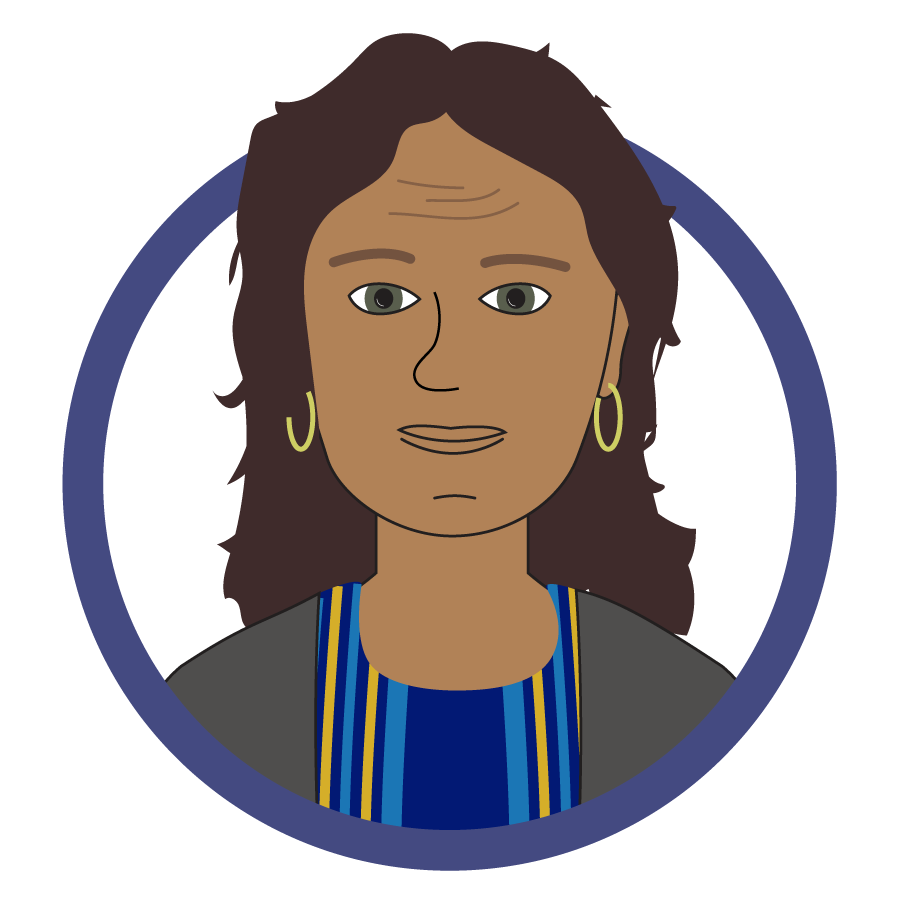

“We don’t want to be the stereotype, and we don’t want to be tone deaf to the communities who have been working on these issues for years. For us, it’s not about how quickly we can get the data out there, but rather it’s about the impact.”
Background
Shortly after graduating from NYU, June began working at a think tank focused on transportation issues for New York. While she had little experience with data analysis, her new role required her to understand massive amounts of complex data. During her first few months, she relied on coworkers to explain things in non-specialist’s terms. Through these relationships she has become fluent in the language of data interpretation.
Excited to apply her skills to an issue closer to her heart, she recently joined an organization supporting single family homeowners facing eviction. Coming from the transportation sector, she was surprised how complicated eviction and demographic data could be compared to the easily measurable and highly precise transportation data.
Half of June’s role is focused on translating data sets collected and cleaned by her more technically-focused teammates into meaningful advocacy materials—often in the form of reports, maps, and graphs for her coworkers to take to Albany when speaking with policymakers.
The other half of her role is focused on working with tenants rights organizations and lawyers to ensure that this data is useful to them. These relationships are important to June, since they often don’t have the time or skills to dig deeply into public data and they look to her for help identifying trends and recommending policy actions.
Experience Using Open Data
June and her organization are motivated by the struggle to safeguard tenants’ rights and promote social justice.. For them, what matters is not just making quality data available to communities, but ensuring that it is used to fight gentrification. This focus on outcomes has pushed June to think creatively about how to make data both navigable and relevant.
Rather than simply offering partners a collection of maps or graphs, June works with advocates to define how each might use data. Her goal is to build different frameworks that would guide how they make organizing decisions. For example, to help an organization understand the financial means of a neighborhood, she has developed a framework that draws on city-wide salary data and asks users to compare it to a specific set of neighborhood data.
June seems to eat, sleep, and breathe data interpretation. In her spare time, she has found a few friends to help her crowdsource data through Facebook comments and historical archives to map gentrification patterns. She plans to use projections to create an interactive background for a performance art piece.







